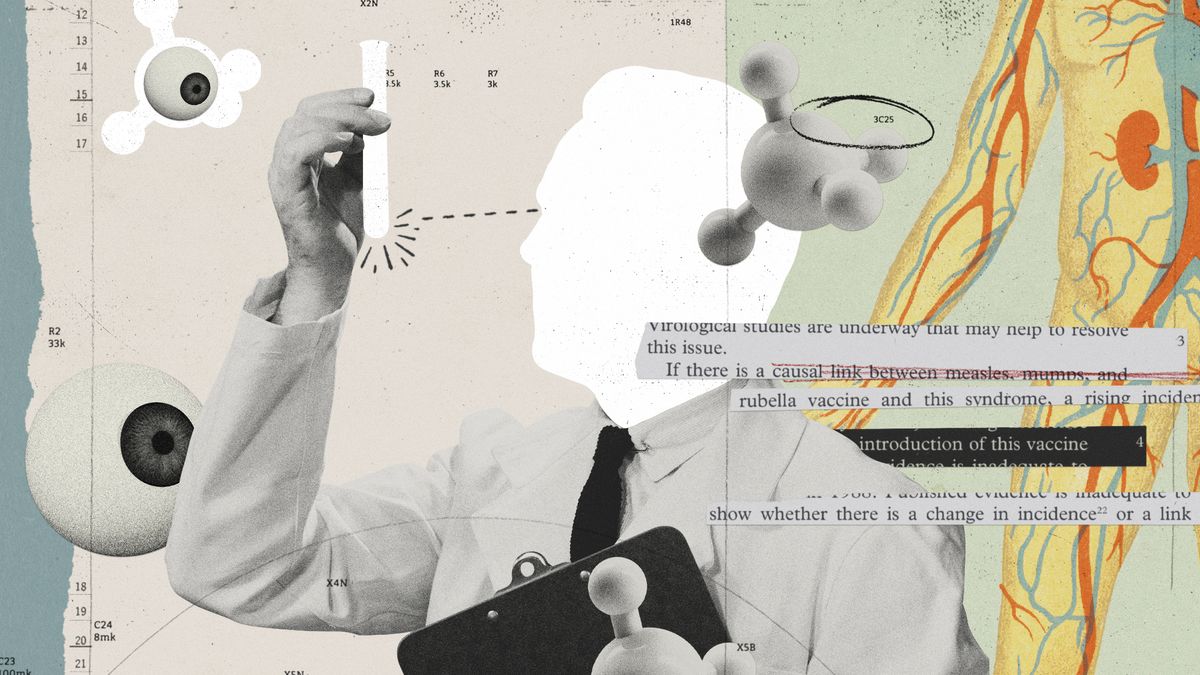2024: the year of distrust in science

Science in Doubt: Trust Erosion and Its Impact
The Pandemic's Impact on Trust
The Covid-19 pandemic shook the public's trust in science to its core, tarnishing its image and making room for questionable ideologies.
"The pandemic forced us to change our understanding at a rapid pace, making our scientific conclusions more tentative," said Dr. Anthony Fauci, director of the National Institute of Allergy and Infectious Diseases. "This, unfortunately, eroded some public trust."
The Politicization of Science
The pandemic also politicized science, blurring the lines between scientific evidence and political debates.
"Politicians and public figures began using scientific jargon to support their agendas, making it difficult for the public to discern fact from opinion," explained Dr. Carl Sagan in Cosmos.
The Rise of Anti-Science Beliefs
The erosion of trust in science has led to a surge in anti-science beliefs, including anti-vaccine sentiment and opposition to fluoride and raw milk.
"This distrust has allowed fringe voices to gain a foothold in our society, spreading misconceptions and undermining public health efforts," said Dr. Frank L. Greenway of Louisiana State University.
Turning to Unverified Sources
Distrust in established science has driven people to seek information from unverified sources, including social media and internet rabbit holes.
"Social media echo chambers reinforce people's existing beliefs, making it easier for false information to spread and stick," said Professor Dariusz Jemielniak of the University of Łódź in Poland.
The Consequences of Doubt
This crisis of confidence in science has far-reaching consequences.
"Policy-making becomes more challenging when scientific facts are not universally accepted," said Dr. James P. Carroll, director of the Center for Medical Ethics at Georgetown University. "Trust, a cornerstone of public health, is also weakened, making it harder to address public health threats."